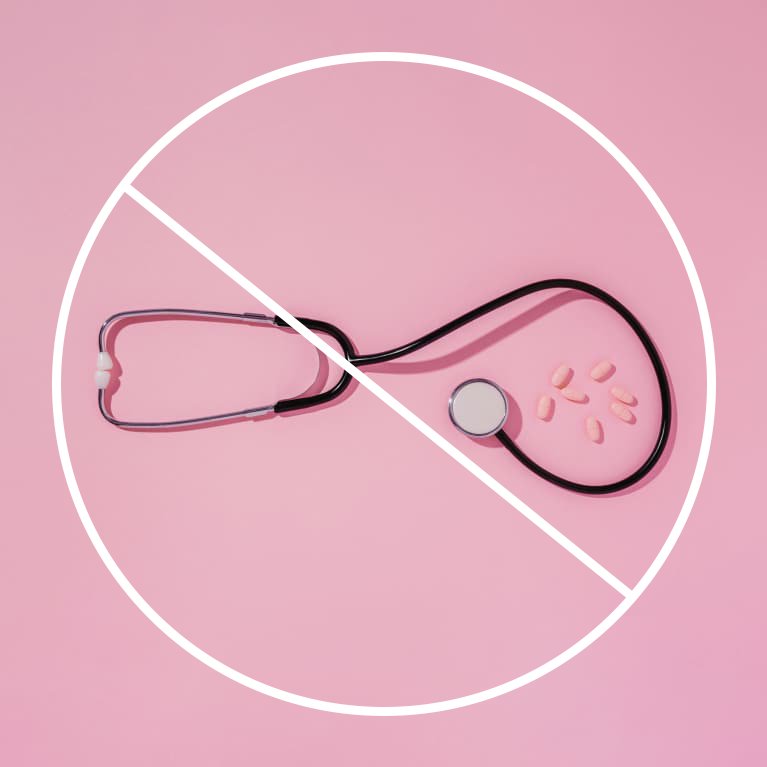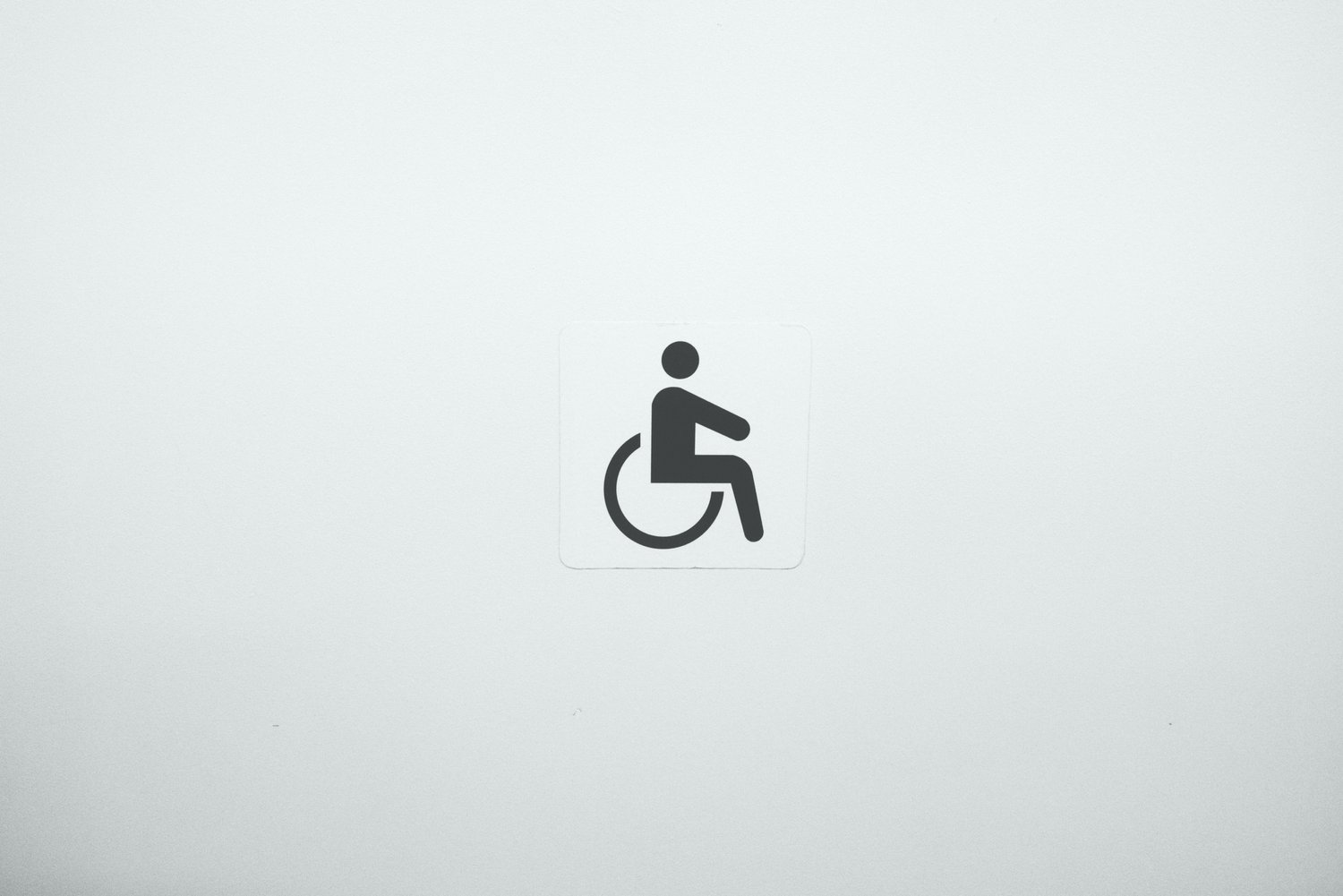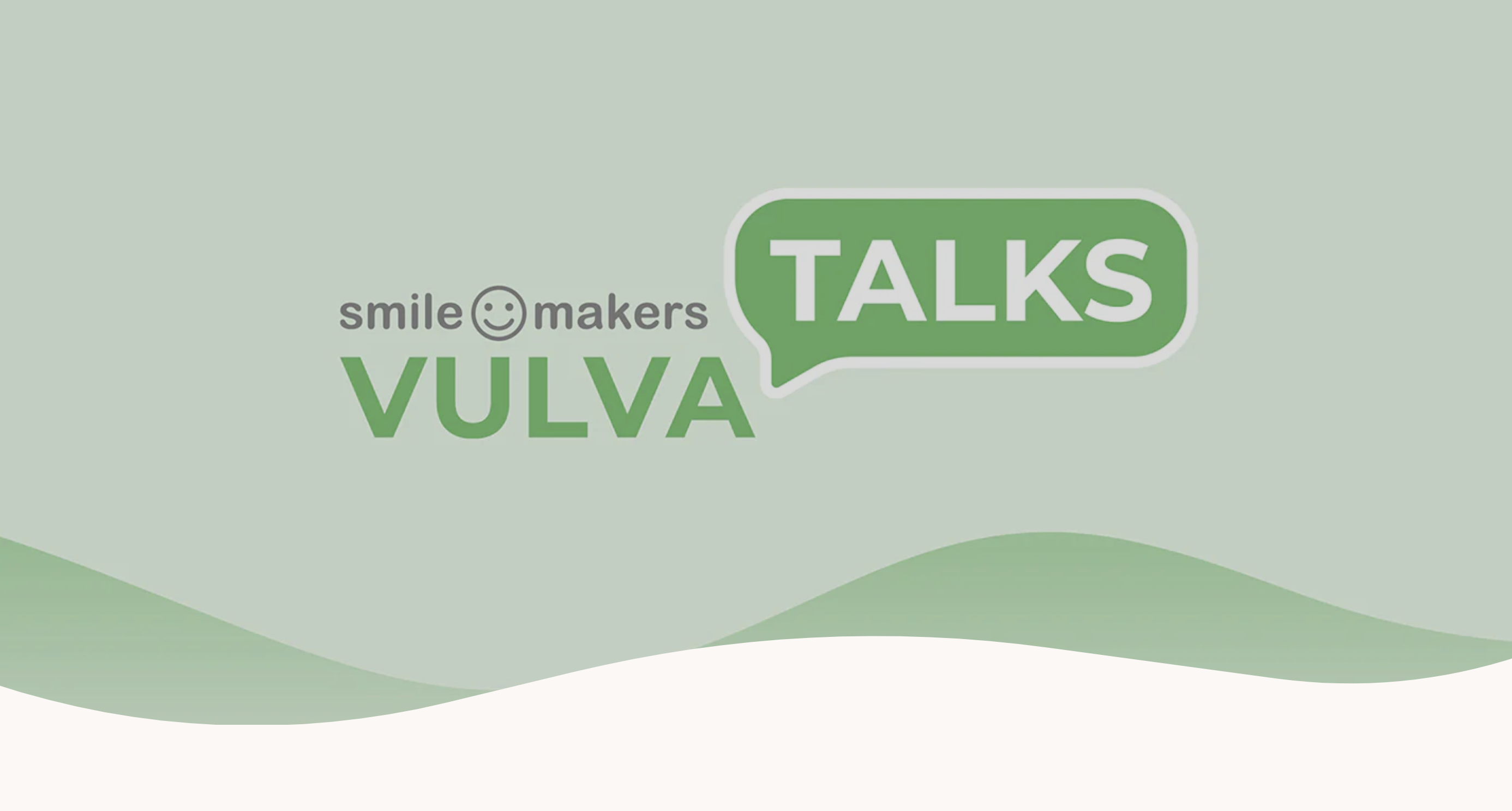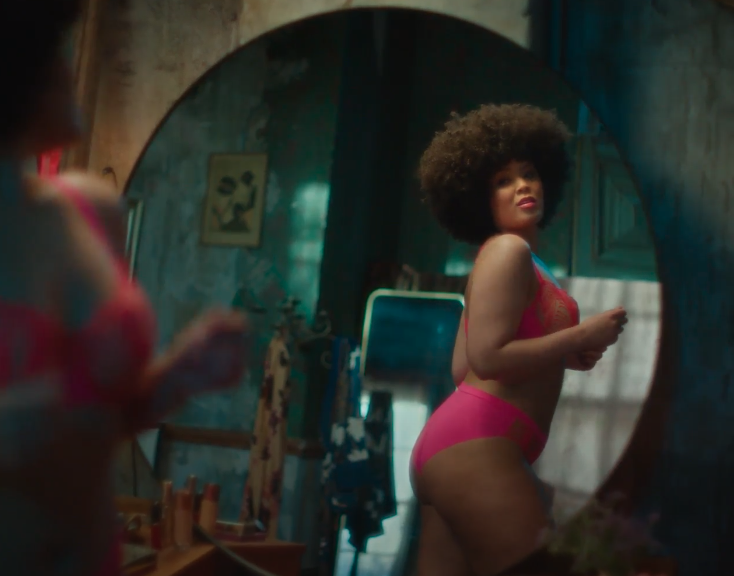
Why is ‘Conscientious Objection’ still a lawful reason to deny sexual health patients?
‘Conscientious Objection’ is when practitioners can refuse to provide certain treatments to their patients, based on reasons of morality, religion or concious. We’ve seen it come to light in the sexual health sector, as many individuals struggle to access contraception due to their practitioners’ own personal beliefs.
So why in our typically progressive country is this objection still a legal ground to refuse service, and what does it mean for vulnerable people struggling to find professional help?
This term, ‘Conscientious Objection’, is specifically about whether providers should be legally entitled to refuse to provide care to patients on the grounds of their personal moral values.
The right to conscientious objection allows doctors to prioritise their personal values over patients’ access to care.
In New Zealand, the law permits conscientious objection for contraception, sterilisation and abortion.
This is something that has come to light mostly in our sexual health sector, as many are finding it difficult to access contraception and get helpful unbias advice when encountering practitioners with strong beliefs about what constitutes ‘morally responsible’ requests.
Gatekeeping Sexual Health
Jade Lawson*, a 27-year-old early childhood teacher in North-Waitako says she had to change GP’s in 2016 due to her previous doctor refusing to terminate an unwanted pregnancy.
I was young, financially dependant on my parents, and not ready for the responsibility. However despite this, because I didn’t bring the biological father in for the meeting the doctor refused service,” says Lawson.
According to her, the GP at the practice refused help due to his beliefs that the man should be involved with the termination decision.
I was in tears trying to explain to him that the guy in question wasn’t involved nor did he know about it. I didn’t feel he needed to know as I made the decision pretty quickly that I wasn’t going to be keeping the pregnancy.
In the end, he said to me he wasn’t able to perform or recommend me onwards because of this reason. I thought maybe it was standard for both the mother and father to make the decision and I was just not familiar with the process, so I accepted I would have to get him involved. But when I got back home and told my parents, they explained at no point does the guy have to be involved for them to legally help me.”
Lawson explained that she was too young and emotional to make sense of it at the time, but after finding a new GP that supported her through the process, she realised how immoral her original doctor was for refusing service.
I was pissed off for a really long time. Not only did he take the most difficult time of my life and make it harder, but he also made me feel like a terrible person in the process. I hated myself for a long time after the abortion, more so because of how he made me feel.”
This man had been my GP for years, so it was disappointing to see someone I trusted go against me so easily all because of his own beliefs.”
Values creep into the decisions of everyone, but it’s a different more dangerous reality when it comes to sexual health.
According to the 2020 Family Planning Contraceptive Survey, almost 300 respondents reported that they had experienced a health practitioner opposed to contraception generally (65%) than emergency contraception (52%).
Of those who indicated they had been refused contraception, most reported that a doctor (60%) had refused to provide contraception, followed by a pharmacist (22%), a nurse (21%) or another health practitioner (9%) like a school nurse or a gynecologist.
Respondents through this survey also shared their experiences with conscientious objection. One individual stated that;
“I became pregnant after the only pharmacist open declined to give the morning-after pill after a ripped condom and [I] couldn’t get into the after-hours doctor. I think if you are the only place open that can offer this form of contraception you should have to provide it.”
Another stated to Family Planning, “I was warned by a nurse not to ask the doctor at after-hours about contraceptive options or advice with an unplanned pregnancy due to his religious beliefs. It has made me nervous to talk to other professionals with questions around sexual health and contraception.”
A need for a new outlook
Jackie Edmond, Chief Executive of Family Planning, says although the overall numbers in the survey for people coming across this objection were small, it is still an issue for the sector.
The reality is that 290 people reported to us that they’d encountered an issue accessing primary health care from a doctor, a nurse or a pharmacist due to conscientious objection.”
If you extrapolate that out across New Zealand, that’s a large number of people encountering a barrier to accessing basic primary health care. I think it’s a big call for clinicians and pharmacists to turn down caring for people because of their own personal beliefs,” concluded Edmond.
Everyone is allowed their own values and is allowed to act upon them. However, going forward these Conscientious objectors must ensure that their patients are aware of the care they are entitled to and refer them to another professional if they refuse service.
Values are important parts of our lives. But values and conscience have different roles in public and private life. They should influence discussion on what kind of health system to deliver. But they should not influence the care an individual doctor offers to patients.
The door to “value-driven medicine” is a door to a Pandora’s box of idiosyncratic, bigoted, discriminatory medicine.
New Zealand is a progressive highly diverse country, yet our acceptance of lack of refusal due to personal beliefs is limiting 100’s of people’s ability to find safe health care at a time when they need it most.
So let’s make the first move to change the way our sexual health providers can operate, sign our petition here, and help us to Dismantle ‘Conscientious Objection’ in New Zealand Sexual Health Facilities.
Related Posts
Tech2Touch Exploring the Sextech Movement – Part Two
Exploring the Sextech industry with Bryony Cole
Let’s Talk About Sex — While Living With Disabilities
By Vixen Temple, sex and disability expert with Adulttoymegastore
Christmas has come early with the ‘Naughty and Nice’ Advent Calendar
A sexy way to welcome in Father Christmas...
Breaking Taboos with a Smile: Vulva Talks’ Mission to Get Everyone Talking About Pleasure
We sat down with Samantha Marshall, head of brand at Smile Makers to hear all about how their free platform, Vulva Talks, is working to redefine sex education.
Redefining Love: The Evolution of Relationships in the Modern Era
Highsnobiety embarked on a journey to explore the state of love
Libra encourages liberation from period stigma
Libra tackles period stigma in latest advertisement







